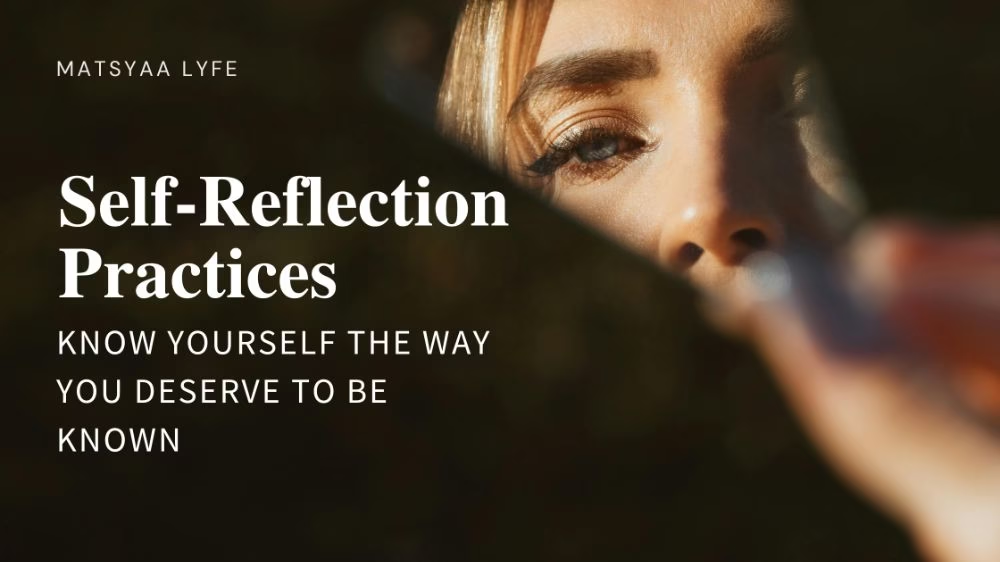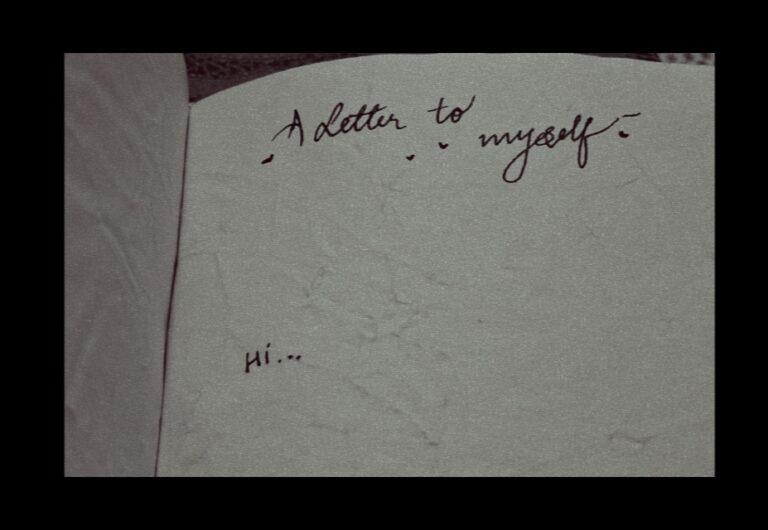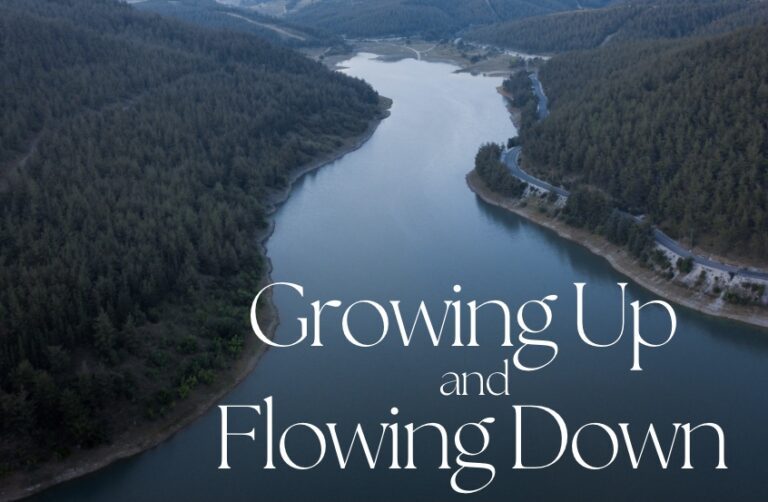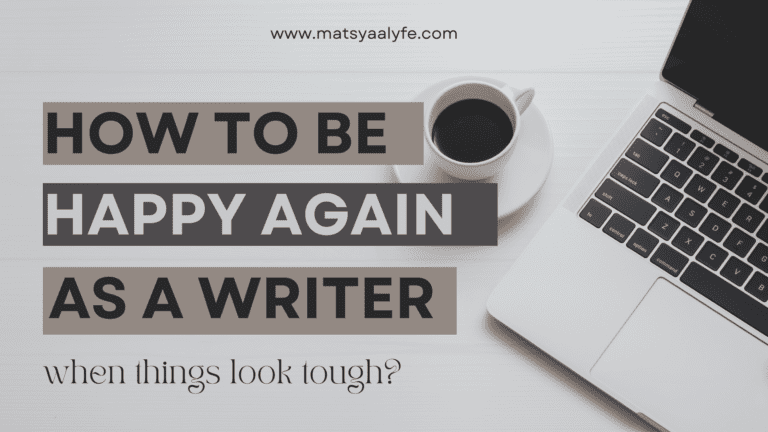9 Self-Reflection Practices to Try For a Month
Self-reflection is synonymous with pausing. Almost. It’s when you intentionally pause to look inward, to try to understand your thoughts and behaviors and emotions and the decisions you make in life.
Sometimes in moving through life so fast, we end up forgetting the most basic and important thing in our life—us being alive. We tick boxes, chase short-term goals for long-term goals, answer people, get sucked into the competitive edge of the society and the workplace, scrolling screens and scrolling through world like it’s a catalog, ours for the consuming.
But do pause to ask yourself: Am I still on the path to become the person I actually want to be?
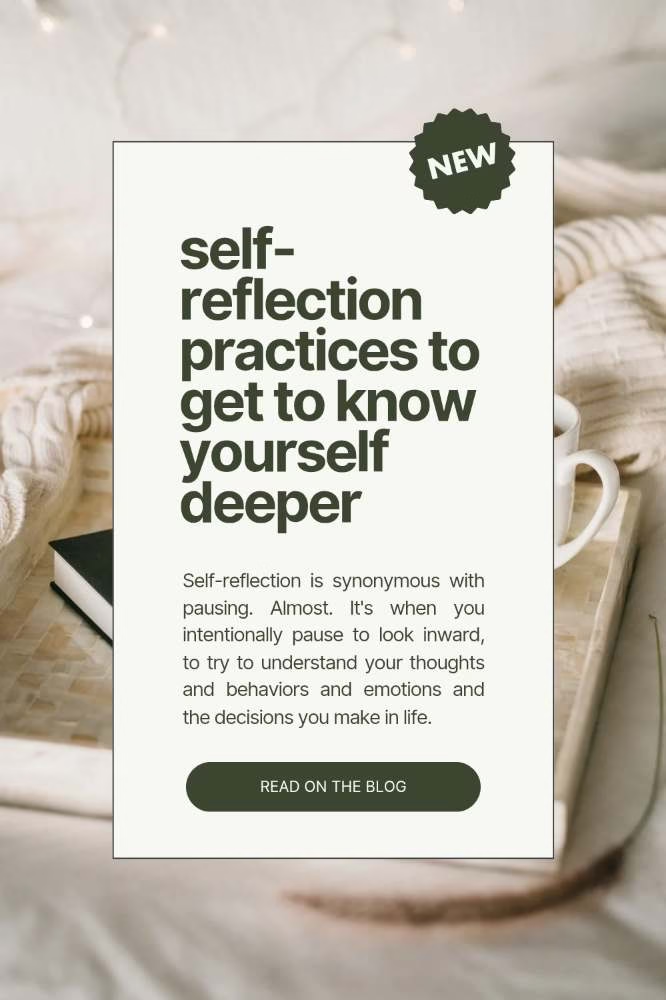
Table of Contents
What do Self-Reflection Practices Do?
Self-reflection is meeting yourself, not your persona, not your character avatar, it’s meeting and getting to know yourself. That being said, it holds that self-reflection is not comfortable, is not a tidy process, is not always joyful. But it is cathartic. A purgation, or a cleansing does often happen.
These practices give you time to get to know yourself, to forgive yourself, to make decisions that will align with what you want your life to look like, what you want to see happen around you in the world.
They help you get out of the airplane mode you seem to have turned on in your life.
Ask yourself now; are you intentionally living your life, knowing and owning it as you move day-by-day, or are you just…letting it happen? Does anything matter? Or are you just surviving?
A pen, journal and an introspective mind will help you answer these questions.
We don’t need to complicate this process. We don’t even need to complicate this blog post. Just 9 self-reflection practices that are easy to accomplish and help you in the best way possible.
Self-reflection is not some mammoth task that takes effort and practice. It’s supposed to not take effort. There will be some initial resistance, sure, you’ll be hesitant because you’ll feel you’re not up for it, you’ll feel it won’t work, you’ll feel like it’s stupid and weird.
But it’s not. Self-reflection doesn’t have to be hard.
Let’s take a look at these self-reflection practices and decide how we’re going to go about them.
Just a reminder, though. Self-reflection is all about thinking. Before you begin this list, get ready to think.
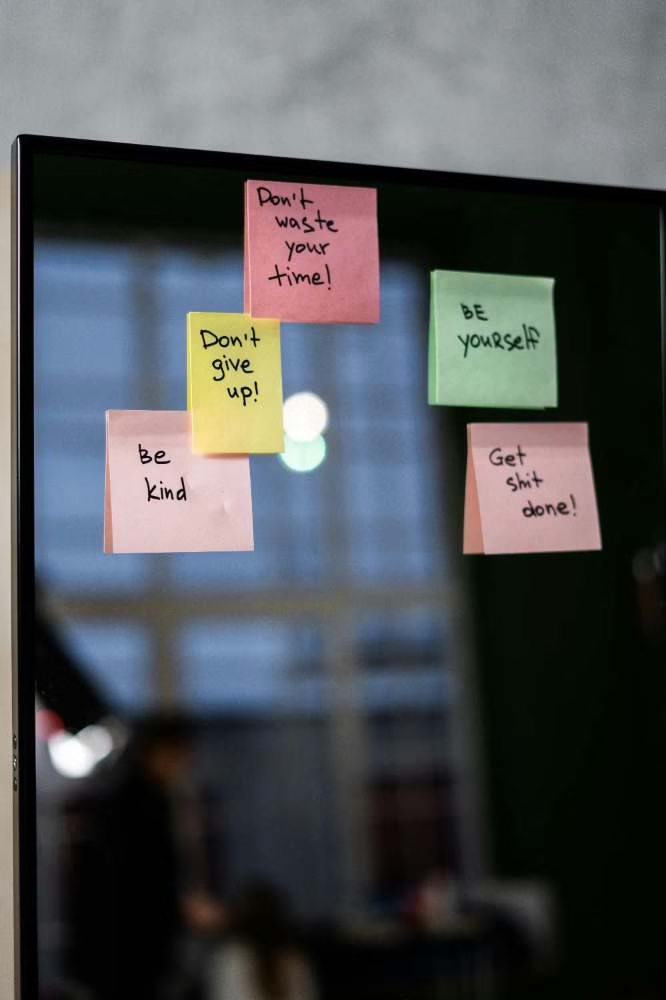
How to Self-Reflect: Self-Reflection Practices
Try telling yourself what you want
Let me explain: you always go around in your life, listening to other people’s desires and thinking low-key of your own desires that you’d like to see come true in some distant future, but that you haven’t really gotten the time to actually think through as of yet.
So, the first self-reflection practice we do is to sit quietly in a room, with plenty of time on our hands, close our eyes, be comfortable, not distracted, and then—think. Try telling yourself everything you want. All your desires, all your wants, everything. Telling yourself what it is, is almost like guaranteeing that you’ll give it to yourself too, which is good for developing the confidence to go get it eventually.
Your desires can be, obviously, both material or intangible. Good relationships, a good house, good health, a good car, good mental state, a good job.
Write it Down
Journaling, obviously. Writing down something gives you time to think it through. It gives you the space to actually methodically place your thoughts into words you can see and create and feel what is actually going on in your head.
Journaling questions to begin with self-reflection:
- What have I begun spending my time on since the past few days? Does it truly align with what I want to become?
- What people/places/activities do I usually avoid? How do they make me feel?
- A part of me is asking to be seen. (Write about that part and then give it what it needs.)
- Is my life in my own hands or am I losing control?
- What to do? How to live? How to be happy? What to do? How to live? (The most important questions to ask yourself.)
- Am I disappointing myself in any area of my life, doing things I wouldn’t normally approve of if the sutuation had been different? What makes me do those things?
You can write for 5 minutes. Or you can write for 50. Doesn’t matter.
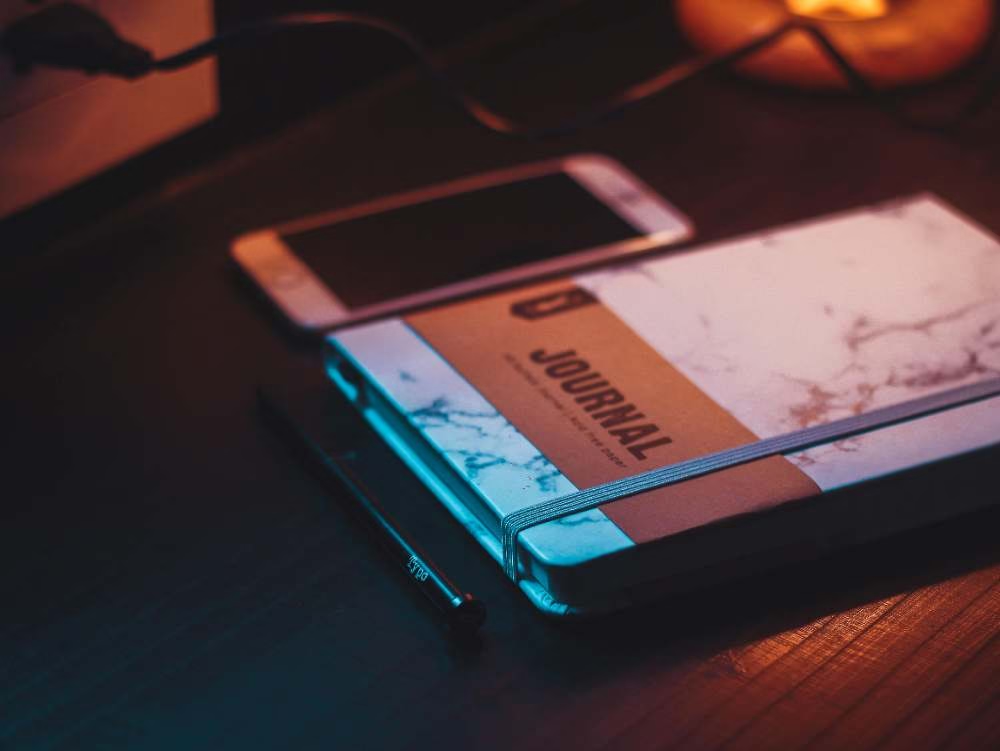
Poetry as a Tool for Self-Reflection
Reading and writing poems is a cathartic experience, no matter how boring it may seem to you or your clichéd “cool” friends. And if you find some pretty good poems, you will end up having a fun moment and a self-reflection moment simultaneously.
Some beautiful poems for self-reflection:
- “The Guest House” by Rumi
- “Love After Love” by Derek Walcott
- “Wild Geese” by Mary Oliver
- “Sometimes” by Sheenagh Pugh
- “Self-Portrait” by David Whyte
Move Your Body, Use Your Hands
When you focus on your own body and do stuff that makes you use your hands, your muscles, not just your thumbs to scroll, you’re coming out of the digital world and stepping into your physical body and the physical world that you’d forgotten for some time.
That’s why self-reflection in this aspect is important. It reminds you that you are alive and in this world and it’s a pretty good world that you’re living in.
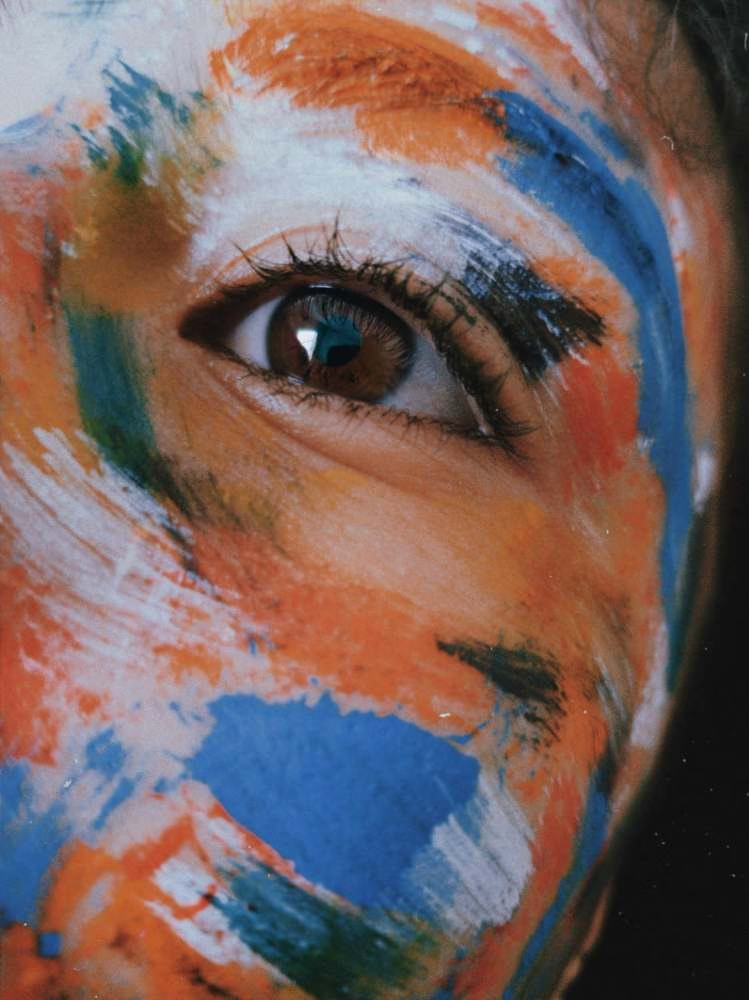
Paint Your Heart Out
Have you read The Picture Of Dorian Gray by Oscar Wilde? After making a portrait, Dorian locks it up and refuses to let anyone else see it. He says it reflects his soul and now he couldn’t let anyone see it, could he—the mortifying ordeal of being known and whatnot.
The point stands that you can paint anything and it will probably be a window to your inner thoughts and your personality. Most of our mind is in the subconscious realm and art-forms like drawing, sketching, and painting bring out the things that are not often visible on the surface.
Who Is Your Favorite Character?
People seem to share their personality and features with their favorite film or book characters. Ask yourself who your favorite character is and you will realize that you have many attributes in common with them.
Is it Tony Stark? Obi-Wan Kenobi? Jo March? Frankenstein’s creature? Who you love on screen and on paper says a lot about who you are as a person.
Write a Letter—or an Email
Obviously the letter (or email) goes to you.
By writing a letter, whether to your younger self, or to your older self, or to your alternate self, you are actually telling yourself all the things you don’t actually say out loud to the self you live with.
When you’re writing, everything pours out of you easily. It might take some time, but this is our best shot at properly projecting what we actually feel, out from the depths of our mind into reality.

What’s Your Biggest Fear?
One thing that would break you. What’s your fear? This is not a question you can answer easily. It involves going deeper into your own mind and awakening things you’d buried, forgotten during all those years that passed. It includes revealing yourself, revealing what scares you; it’s not to expose you, it’s to find what still binds you.
Why don’t you reflect on it? Get to know yourself. Don’t berate yourself for being afraid. Start with the obvious doubt: what am I the most afraid of? Then think deeper about the first thing that comes to mind. Why are you afraid of it? What made you afraid of it? What part of you is still stuck on it?
I’m afraid I’ll never succeed as a writer. Why? Because if that happened, I’d know that all the effort I make is for nothing. Why am I afraid of that? Because that obviously shows that I was never enough. Why am I afraid of not feeling like I’m enough? Because that’d tell me that I’m inherently unworthy, and the people around me are right in underestimating me.
So I use success—immense success—to cover it up, to hide my insecurity, hide my anxieties, hide my hatred towards people who don’t believe in me. What happens when I am successful? What happens when I do get success, soon enough, and still something feels off? I still feel like something is missing. Why?
Because I never treated the root cause of my fear, always the symptom, always focused on the effects of my fear and not its origin.
And even success won’t give me the deep feeling of safety and worth-fulness that I’m looking for. (Hah! This was a hard thing to accept. But that’s what self-reflection practices do to you! Go try out!)
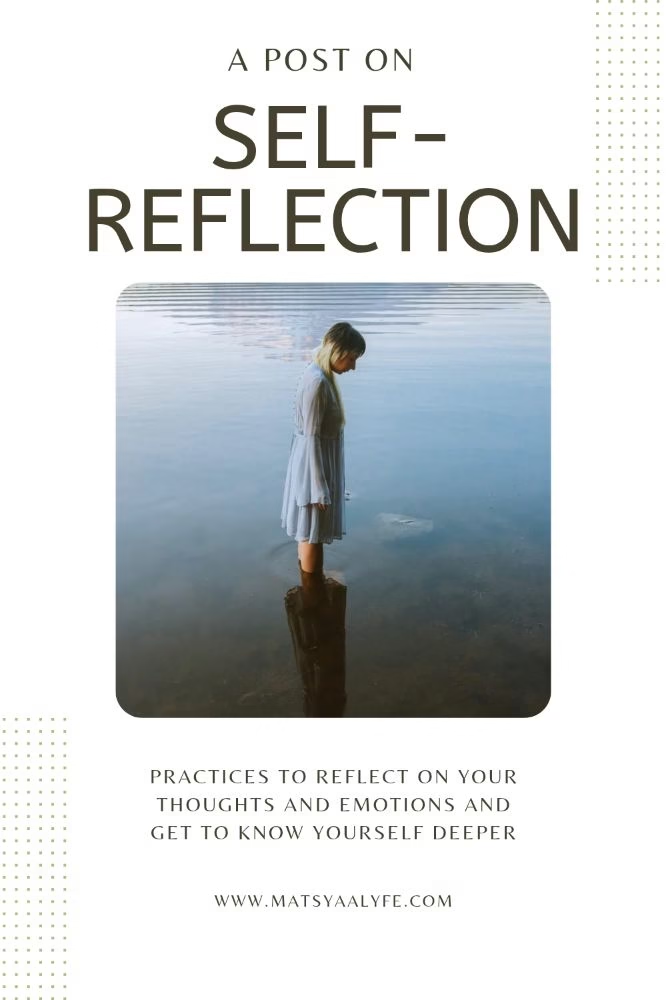
Self-reflection is not cringe. Or stupid. It’s something you need, to get one-on-one with yourself, to give yourself the mental peace you deserve.
Did these self-reflection practices help? Try them out for a month!
I’ve written other pieces that might help you—

